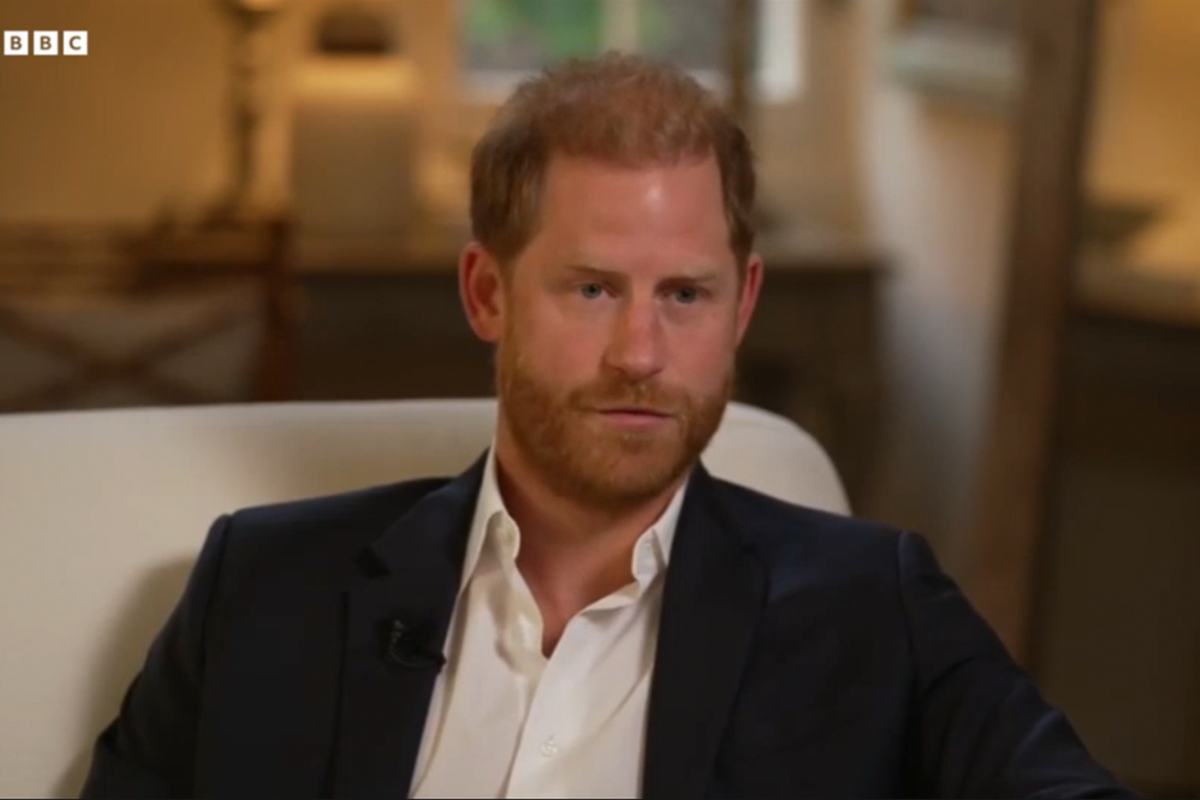
As Wales basks in the warm weather, people are being urged to “be careful” with their use of water.
Wales saw the hottest start to May on record on Thursday, with temperatures soaring to 27.6C (80F) in Cardiff.
Welsh Water said its resources were in a “good position” but reservoir levels were “just below what is expected at this time of year”, adding it was ramping up efforts to move water around to where demand was highest.
Director of water services Marc Davies said: “Use the water you need but don’t waste it. It’s things like when you’re brushing your teeth, to turn the taps off.”
Mr Davies said he was asking everyone to work together after seeing the fourth driest March on record.
He added: “If people are using their paddling pools over the weekend in this nice weather, making sure they conserve that water and use it for the garden.”
Welsh Water’s supply largely originates from reservoirs and rivers, which can make it vulnerable to dryer periods of weather.

Mr Davies said the company was also putting measures in place to address the effect of the hot weather, including adjusting the levels of water supplied from some reservoirs.
The levels of Crai Reservoir in Powys have dropped, so the company is now taking more water from its Felindre reservoirs in the Swansea valleys instead.

Welsh Water said it was also working to cut the amount of water that is lost from its systems through leaks.
Head of water engineering Chris Rees said more than 15,000 smart sensors had been installed across the firm’s 18,641-mile (30,000 km) network to help detect leaks.
These sensors are “listening for leaks at all times”, he said, and give the company an immediate notification of a leak occurring on the network which can then be followed up by an inspector.
People can also report a leak if they believe they have one.

The company said it had £400m of investment planned for pipe replacement and leak repairs over the next five years.
“Reducing leakage really does help us with our water resource position as the weather dries and we get less rainfall and storage across our system,” said Mr Rees.
“While leakage is very important to us when its dry, we do tackle leakage all year. It’s a very important part of our resilience plan for water resources going forward.”
How can you save water?
- Don’t leave the tap running while washing hands or brushing teeth
- Have a shower instead of a bath
- Wait until the washing machine and dishwasher are full before putting them on
- Don’t fill the paddling pool to the top and when you’ve finished, use the water on the plants in the garden
- Don’t use a sprinkler on the lawn to keep it green – the colour will soon come back once it rains
Welsh Water said its Get Water Fit calculator also provided additional tips to save on water and water bills.


